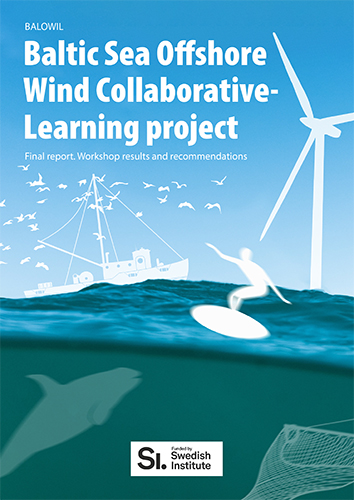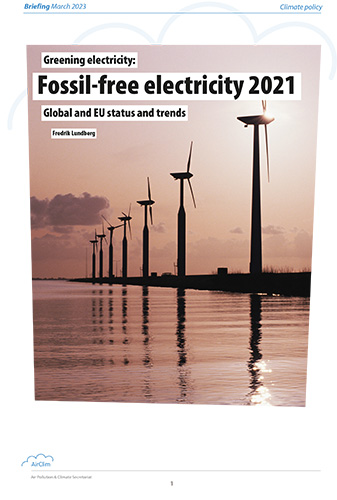
CAN supports 1.5°
The Climate Action Network (CAN), a worldwide network of over 450 nongovernmental organisations (NGOs), decided in August to adopt a new climate policy target. CAN is now committed to the position that global average surface temperature should be limited to less than 1.5°C above pre-industrial levels. This replaces their previous target of 2°C, a position held by CAN for more than 15 years.
In favour of the new 1.5°C target is the scientific reality that more than this amount of warming would lead to sea level rises threatening the existence of several small island states, and endangering communities and agricultural production in Africa. Additional, recent climate science suggests that dangerous anthropogenic interference with the climate system cannot be ruled out at 1.5°C, and that various tipping points initiating severe damage to several global ecosystems could lie between 0.5°C and 2°C of warming.
The 1.5°C target has been promoted within the United Nations by the coalition of 39 small island states (AOSIS) and the 49 poorest countries in the world (LDCs), including in the lead-up to the Copenhagen UN Climate Summit in 2009. The Copenhagen Accord, an agreement taken during the Copenhagen conference by more than 110 UN members including the US, EU, China, India, Brazil and South Africa, also includes a decision that a 1.5°C target shall be analysed by 2015. In the meantime, Bolivia and some other Latin American states have started to promote a 1°C target.
At the UN Climate negotiations in Bonn this June, parties discussed the creation of a mandate for preparing an initial scientific report on the 1.5°C and 2°C target, but this proposal was unfortunately turned down by four Arab States (Saudi Arabia, Kuwait, Oman and Qatar). Most other country groups in the UN, including the US, expressed strong disappointment at the blocking of this very important mandate proposal. CAN supports 1.5°
Today more than 100 countries support the 1.5°C target. CAN and various scientific institutions are working to develop new strategies on how to reach this goal. CAN is demanding that the decision to create a UN mandate to prepare a paper on the scientific, technical and socio-economic issues relating to keeping global average temperature increases to no more than 1.5°C must be taken at the UN climate conference COP 16 in Cancun, with the report to be presented to the UN in spring 2011. CAN expects that this will inform deliberations on, amongst other things, emissions reductions and equitable effort-sharing.
CAN is also discussing the possibility of strengthening its 2020 target of 40 per cent greenhouse gas reductions in industrialised countries. AOSIS has for some time called for a 45 per cent reduction and Bolivia for a 50 per cent reduction in greenhouse gases by 2020, based on 1990 levels.
Reinhold Pape

 Download this issue
Download this issue










